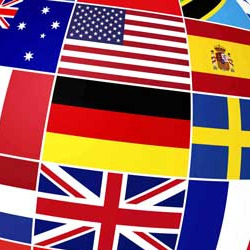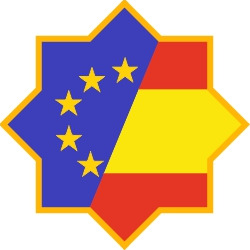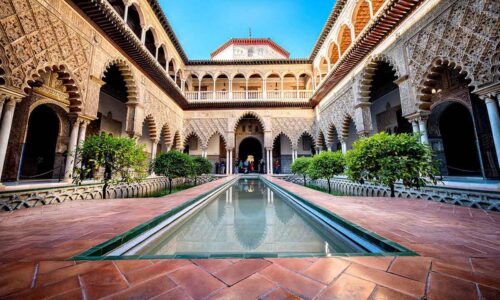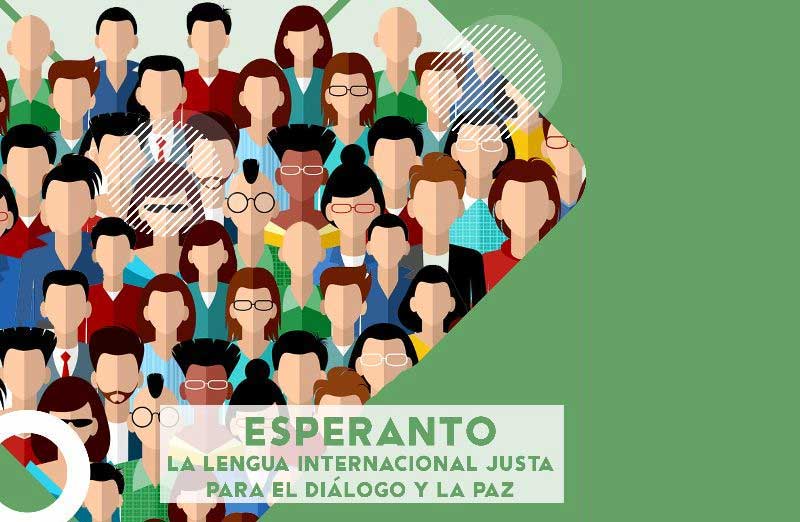Languages
Languages through Esperanto
Ask for more information 1 Week Course in Vélez-Málaga, Spain. Teaching languages through Erasmus+ Esperanto Course Course Description: Considered the “yoga of languages” Esperanto is a singular language with unique lexical, morphological and grammatical characteristics. Esperanto can be learned at …
Overview
1 Week Course in Vélez-Málaga, Spain.
Teaching languages through Erasmus+ Esperanto Course
Course Description:
Considered the “yoga of languages” Esperanto is a singular language with unique lexical, morphological and grammatical characteristics. Esperanto can be learned at a significantly higher speed than the rest of the languages of the world because it has no exceptions, and was specifically designed by logical and pedagogical principles.
Its propedeutic character allows it to work as a tool that improves, and accelerates the learning of any foreign language, by establishing solid logical mental structures applicable to the acquisition of other languages.
Its vocabulary is composed of a selection of international roots shared by the main languages of Europe, which facilitate the learning of languages such as English, French, German, Italian, Portuguese, or Spanish.
Thanks to the European Erasmus+ program the project “Esperanto Komuniko” developed after two years of experience and job shadowing in France, Italy, Greece, Lithuania, and Hungary, we developed a special methodology to teach languages using Esperanto.
Why Esperanto?
Discover a unique opportunity with our esperanto course, a 1-week program in Vélez-Málaga, Spain, designed to teach languages using the innovative methodology of Erasmus+. Learn what language is Esperanto and why it is often considered the “yoga of languages.” With its clear structure and logical design, Esperanto offers unparalleled benefits for language learning.
Esperanto, known as lengua esperanto or lesperanto, is an international auxiliary language that simplifies communication and promotes peace. It features a vocabulary built on international roots, making it relatable to speakers of major European languages. Unlike traditional languages, esperanto vs Spanish, for example, reveals a system without exceptions, making it faster and easier to master.
Methods: Digital explanation, Storytelling, Project-Based Learning, and Socratic dialogue.
Activities: Local excursion included.
Concepts:
- History of Esperanto.
- Esperanto as a language of peace.
- The propedeutic value of Esperanto and its educational possibilities.
- Applied Esperanto grammar to language learning.
- Linguistic comparison and etymology for language learning.
- Esperanto as a language learning tool.
Objectives:
- Learn about the history and culture of the international Esperanto language.
- Know the values of peace and interculturality linked to Esperanto.
- Learn the inner workings of the language and its didactic application.
- Promote multilingualism in schools.
- Improve and facilitate the learning of a second and third foreign language.
- Acquire a level A1-A2 of Esperanto.
Key Concepts and Activities
- Grammar and Vocabulary: Dive into the structure of Esperanto, exploring words like esperanto riječi through methods like storytelling and digital explanation.
- History and Culture: Learn about esperanto european union initiatives and how the language has shaped intercultural communication globally.
- Learning Techniques: Use esperanto lernen, project-based learning, and linguistic comparisons to master the basics of Esperanto.
- Unique Features: Based on the text, what are two characteristics of Esperanto? Its logical grammar and absence of irregularities make it a powerful tool for learning.
Our Methods
The course incorporates digital tools and interactive learning approaches to explore esperanto kurs, from etymology to practical applications. Activities include storytelling, Socratic dialogue, and cultural excursions. Whether you call it esperato, eperanto, or even edperanto, this program will deepen your understanding of this fascinating language.
Objectives about course
- Achieve an A1-A2 proficiency level in Esperanto, mastering its structure and use.
- Discover the values of interculturality through esperanto language learning.
- Learn how to apply Esperanto’s logical grammar to other languages, including comparisons like esperanto vs Spanish.
Extras
Participants will gain insights into the history of esporanto and explore related concepts like esperantos photos, which capture the language’s global impact. From esperanto european union initiatives to the etymological richness of espranto, this course has something for everyone.
Request More Information
Interested in learning more about esperanto course offerings? Whether you’re curious about esperalto, esperanro, or even espernato, this program is designed to expand your linguistic horizons. Contact us today to join our Erasmus+ journey in Vélez-Málaga, Spain
Book this course now!
Do you like this course? Do you have a group of assistants in your school, educational centre or organisation to come to Spain? Book now and we will contact you as soon as possible to arrange all the details.
Curriculum
Instructor
You May Like
Spanish History and History of Spanish Art
Ask for more information 1 Week Course in Vélez-Málaga, Spain. Spanish History and History of Spanish Art Course Description: Immerse yourself in the vibrant...
Spanish Language and Spanish Culture
Ask for more information 1 Week Course in Vélez-Málaga, Spain. Erasmus+ Introduction to Spanish language and culture Course Course Description: Erasmus+ Spanish & Spanish...
Intercultural Education and Culture of peace
Ask for more information 1 Week Course in Vélez-Málaga, Spain. Erasmus+ Intercultural Education Course: Teaching students from the two sides of the Mediterranean sea....
Religious Dialogue and Culture of peace
Ask for more information 1 Week Course in Vélez-Málaga, Spain. Erasmus+ Religious Dialogue and Culture of peace Course Course Description: Religion is a fundamental...
Leadership in Education and New Methodologies
Ask for more information 1 Week Course in Vélez-Málaga, Spain. Erasmus+ Leadership in Education Course Course Overview Education is no longer confined to classrooms...








